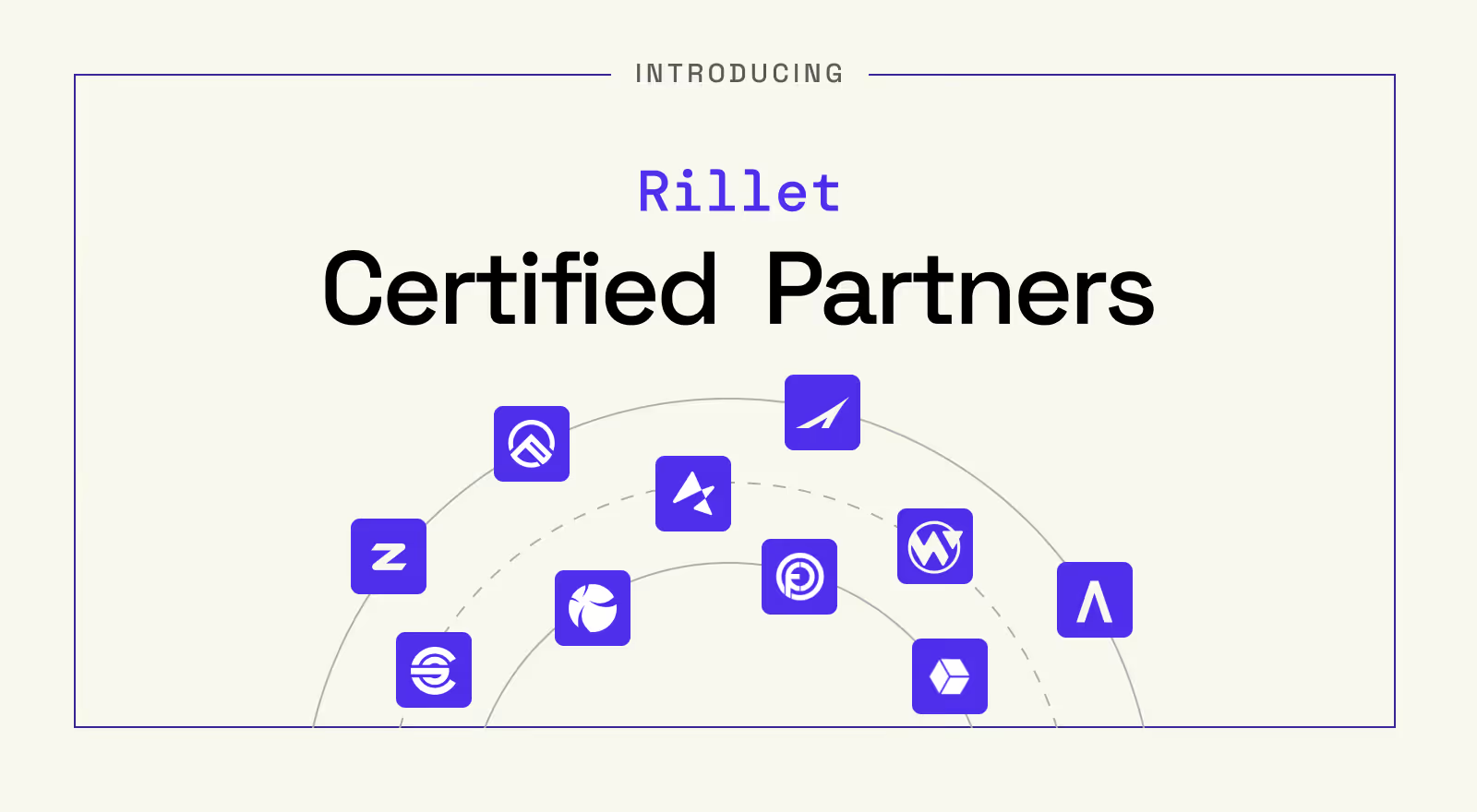Q3 2025 Fundraising Benchmarks

.avif)
After announcing our $70M Series B, we fielded dozens of questions about fundraising metrics and what it actually takes to raise at different stages today.
The reality is that benchmarks have shifted significantly over the past few years - growth rate expectations are lower, ARR thresholds vary widely, and investor priorities have evolved in ways that aren't always obvious from the headlines.
Rather than point founders to outdated blog posts or generic advice, we compiled the most current data from industry sources into a single reference.
Whether you're planning your next round or just want to understand where you stand, these benchmarks reflect what's actually happening in the market right now.
Key Takeaways
- Series A: $1M-$2M ARR required with median $12.0M funding on $39.9M pre-money valuation (23.1% dilution), focusing on proving product-market fit with 15-20% monthly growth
- Series B: $4M-$8M ARR threshold (up from $2M-$4M pre-2021) with median $30.0M funding on $168.2M pre-money valuation (15.1% dilution), occurring 12-24 months after Series A with only 40-50% graduation rate by Year 4
- Series C: Median $35.0M funding on $225M pre-money valuation (13.7% dilution) with focus on market leadership, operational efficiency, and clear path to profitability
- Efficiency Crisis: New customer acquisition costs increased to $2.00 per $1.00 ARR (up 14% from 2023), while expansion ARR now represents 40% of total new ARR as companies struggle with new logo acquisition
- Growth Reality Check: Top quartile companies need 50% YoY ARR growth (down from 60% in 2023), with median at just 26% - companies growing below 15% face extremely difficult VC funding regardless of stage and must focus on 20%+ operating profitability
Maxio - SaaS Metrics Benchmarks
July 3, 2025 | read more here
- Growth rates declined for third consecutive year - median growth dropped to 26% while companies planned for 35%
- New customer acquisition costs (CAC) increased to $2.00 per $1 of new ARR, up 14% from 2023
- Expansion ARR now represents 40% of total new ARR, with companies > $50M seeing 50%+ contribution from exisitng customers
Ray Rike LinkedIn Newsletter
June 3, 2025 | read more here
- B2B SaaS comapnies must treat expansion ARR with same rigor as new customer ARR due to increasing dependecy
- Top quartile benchmark declined from 60% in 2023 to 50% in 2024, with median at 26%
- Companies growing <15% YoY need to focus on 20%+ operating profitability as VC funding becomes difficult
SaaS Capital - Bootstrapped SaaS Benchmarks
April 30, 2025 | read more here
- Median growth rate for bootstrapped SaaS companies ($3M-$20M ARR) is 20%, down from 30% previous year
- 90th percentile bootstrapped companies growing at 51%, while median Net Revenue Retention is 104%
- Bootstrapped companies with $3M-$20M ARR represent rare discipline and long-term value creation opportunity
SaasRise - The SaaS VC Report 2025
March 18, 2025 | read more here
- Median Series A: $12.0M on $39.9M pre-money valuation with 23.1% ownership dilution
- Median Series B: $30.0M on $168.2M pre-money valuation with 15.1% ownership dilution
- Median Series C: $35.0M on $225M pre-money valuation with 13.7% ownership dilution
Benchmarkit - 2025 SaaS Performance Metrics
2025 | read more here
- Growth rates continue declining with median 26%, while top quartile decreased from 60% to 50%
- New customer CAC ratio at $2.00 median, with expansion ARR representing 40% of total new ARR
- ARR per employee continues climbing - $200K per FTE at $50M-$100M segment, $300K at companies >$100M
Carta - US Series A Benchmarks
December 30, 2024 | read more here
- AI SaaS companies achieved highest median valuations among all sectors in Series A rounds
- Total Series A fundraises down ~10% from 2023, with 775 primary rounds analyzed
- Renewables, AI SaaS, and cybersecurity had highest median cash raises across sectors
Phoenix Strategy Group - Series A vs Series B Funding
December 28, 2024 | read more here
- Series A requires $1M-$2M ARR with $2M-$15M funding rounds and 15-30% equity dilution for proving product-market fit
- Series B targets $5M-$10M ARR with $15M-$25M funding rounds and 15-25% equity dilution, occurring 12-24 months after Series A
- Investor focus shifts from potential and vision in Series A to proven revenue streams and operational efficiency in Series B
SaaStr - The New Bar for a Series B
2024 | read more here
- Series A to Series B graduation rates reach 40-50% by Year 4 for mature cohorts (2018-2020), but only 1-4% in first quarter
- Today's Series B companies typically need $4-8M ARR (up from $2-4M pre-2021) with 2-3x YoY growth
- Post-2021 funding environment requires stricter focus on capital efficiency, with CAC payback under 18 months and clear path to profitability
Raising with Rillet
The companies succeeding in today's fundraising environment share one thing in common: they have the financial infrastructure to support rapid, sustainable growth. Legacy accounting systems create bottlenecks that slow down reporting, complicate due diligence, and limit your team's ability to provide the real-time insights investors demand.
Rillet's AI-native ERP platform enables finance teams to close books in days instead of weeks, automate routine workflows, and deliver the kind of financial transparency that gives investors confidence. Companies like Postscript (>$100M ARR) and Windsurf are already scaling on our platform with lean finance teams and lightning-fast closes.
Schedule a meeting with our team to see how Rillet can transform your accounting operations and position your company for successful fundraising in any market.



.avif)
.avif)
